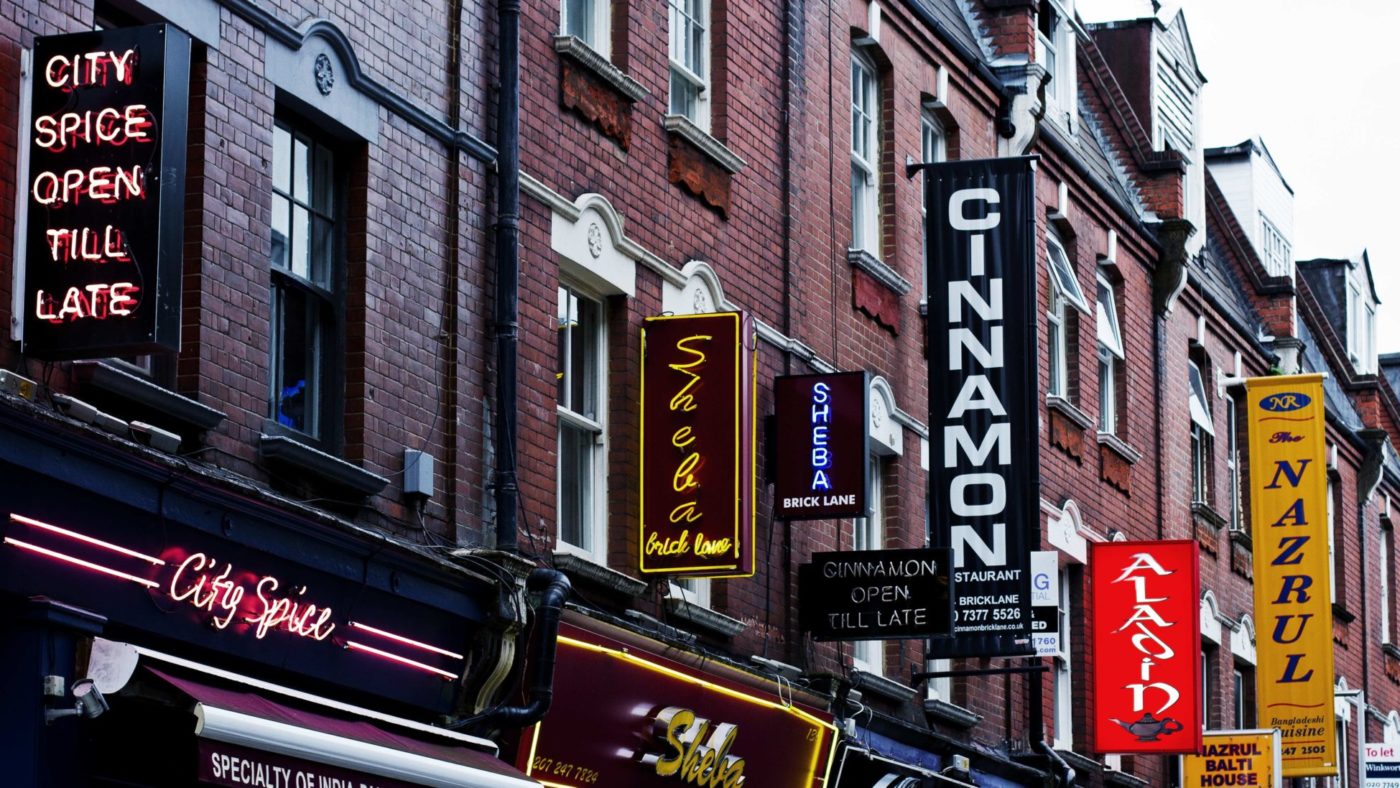Competition is a central tenet of a market economy. As long as scarcity exists, not all wants can be fulfilled, so economic actors must compete for scarce resources.
This is, of course, something far more straightforward to those versed in economic theory than it is to the average consumer. It’s interesting, therefore, to examine what the public thinks about competition between businesses. Thanks to the latest Flash Eurobarometer, we can do just that.
Back in January, Kantar Public polled 26,500 respondents aged 15+ across the EU28, of whom around a thousand lived in the UK.
In broad terms, competition is very popular. Eighty-eight percent of UK respondents agreed that competition between companies allows for more choice for consumers. Similar proportions agreed that competition encourages innovation and growth (87 per cent), and that it leads to better value for consumers (88 per cent).
Around three-quarters agreed that competition helps European companies become more competitive in global markets (76 per cent), and that it leads to higher quality goods and services (73 per cent).
The results have been fairly stable over the last decade, although there have been incremental increases in the proportions agreeing competition encourages innovation and growth and those agreeing that it allows for more choice for consumers.
Differences between the UK and the EU28 average were mostly small. Indeed differences even between individual countries were small, although the BeNeLux countries tended to the towards the less positive end of the spectrum, while the Irish, Maltese and Polish were generally the most positive.
The was a bigger difference when respondents were asked about the impact of competition on them personally. Seventy per cent of Brits said effective competition had a very or fairly positive impact on them as a consumer – a large majority, but 24 of a EU28 countries had still larger majorities, with the overall average at 78 per cent positive.
Besides geography, demography matters too, though not on every question. For example, there was little variation by age group on the questions about price and quality.
But younger age groups were likelier than their elders to see benefits of competition in innovation and growth, and especially in terms of companies being competitive in the global marketplace; in the UK, the latter was the view of around 90 per cent of 15-24 year olds (and 82 per cent Europe-wide).
As I’ve written previously, the stereotype of young people being anti-market is not backed up by the data. The Eurobarometer findings highlight areas where younger age groups are in fact more pro-market than the wider population; free marketeers reaching out to the young or future voters might want to take a closer look at these areas.
The new data may also tell us something about the separate question of attitudes to big business. Last summer’s Number Cruncher/CapX poll unexpectedly found under-35s likeliest to see big business as a force for good. If internationalism and innovative products are things that young people associate with competition, then they may also explain their net positive view of big business.
Around two-thirds of both UK (66 per cent) and EU (68 per cent) respondents agreed that full transparency on “public money granted to companies” promoted value for taxpayers.
The survey also dug deeper into where consumers felt there were problems (such as poor value or choice) due to a lack of competition. Where problems were identified, the telecommunications and energy sectors where highlighted by between a fifth and a quarter of respondents in both the UK and the EU28.
However respondents in the UK were likelier (25 per cent) than all EU citizens (20 per cent) to find transport markets uncompetitive (the question gave rail and air as examples). In fact this was the number one gripe in the UK. At the same time, Brits were less likely to see pharmaceutical markets as uncompetitive. Food and financial services scored well on both sides of the channel.
In terms of which problems people had experienced, the relative prevalence of each response was similar across the EU, although in each case Brits were 11-14 points likelier than the EU average to have experienced them.
The most common complaint by some distance was high prices, experienced by 83 per cent in the UK. The other options were quite closely matched, with difficulty in comparing prices, unsatisfactory quality, prices being similar, lack of choice and difficulty in changing suppliers all polling between 59 and 65 per cent.
The common theme across these findings, across the UK and EU, is that competition is very popular. This presents something of a conundrum, because while capitalism in the abstract polls poorly, one of its most fundamental principles polls very well indeed. Though this finding isn’t a silver bullet for its advocates, selling competition, and the positives associated with it, is an area that could well prove to be productive.
CapX depends on the generosity of its readers. If you value what we do, please consider making a donation.


